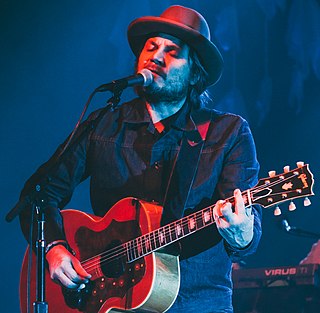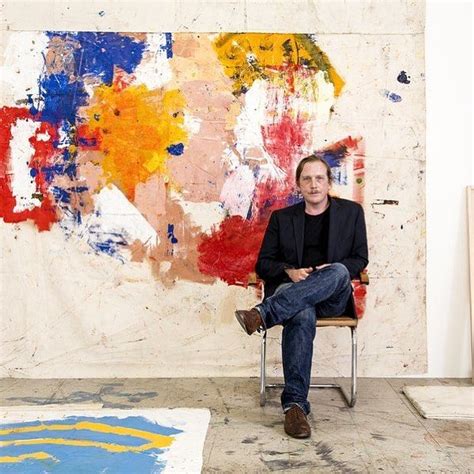A Quote by Elif Batuman
When a novelist manages to describe or evoke something you thought or felt, without realizing that other people also found themselves in the same situation and had the same feelings, it creates that same solidarity. Maybe it's better to think of humor not as a tool to express the solidarity, but a kind of by-product. Maybe the realization "I'm not on my own on this one" is always, or often, funny.
Related Quotes
Solidarity does not assume that our struggles are the same struggles, or that our pain is the same pain, or that our hope is for the same future. Solidarity involves commitment, and work, as well as the recognition that even if we do not have the same feelings, or the same lives, or the same bodies, we do live on common ground.
Maybe when the President tells you that you should be afraid of Mexicans or Muslims or Jews or black people or gay people or trans people, you'll realize that those are just labels, that underneath it all we're all the same people, we all have the same aspirations, the same hopes, the same desires, that we all share the same values.
It doesn't necessarily matter if I'm onstage or not. I just find the communal experience of a rock concert, or any type of music performance, achieves a kind of transcendence that I associate with spirituality. It's the closest thing to what I think people expect church to be like. Or maybe just what I've always thought church should be. You lose yourself, and at the same time come to the realization or understanding that you're part of something bigger than yourself.
The words 'maybe' and 'perhaps' are literally the same - the flavor is the same, the educational level is the same. But you just know when to use maybe and when to use perhaps. I think it's because of this: You get to know the tastes or musical tastes of words themselves, and this informs your choice, whether you use them or not.
I think real humans are so complicated, and often [characters] are written more one-dimensional without maybe even the writer knowing it. I've felt numerous moments in my life where my most confident moment and my most insecure moment were exactly the same time. There's nothing funny or interesting about perfection.
We're all trapped. It's always 1734. All of us, we're stuck in the same time capsule, the same as those television shows where the same people are marooned on the same desert island for thirty seasons and never age or escape. They just wear more makeup. In a creepy way, those shows are maybe too authentic.
One of the things that is always difficult about a collaboration is that you don't necessarily find the same thing funny. And so the challenge becomes, how do you tell the other person that you don't think something's funny? The best collaborations tend to be when you are willing to be told that. But there's also ego involved, and so there's a lot of frustration in knowing that you're writing something, and the other person, on some level, needs to think that it's funny.
For us what we're trying to do is find the right balance of creating a space for emotion that leads to a sense of empathy and solidarity rather than a sense of division. In my most grandiose moments I think of HuffPost as a platform that makes solidarity possible, that really thinking about the emotional content of stories is a way to help people who think, or who have been manipulated to think, that they're interests are opposed to one another, that they actually are aligned in a fundamental way and they're actually in the same boat.
I thought that I had found something new. But then I convinced myself that the Abbot Gregor Mendel in Brünn, had, during the sixties, not only obtained the same result through extensive experiments with peas, which lasted for many years, as did de Vries and I, but had also given exactly the same explanation, as far as that was possible in 1866.



































